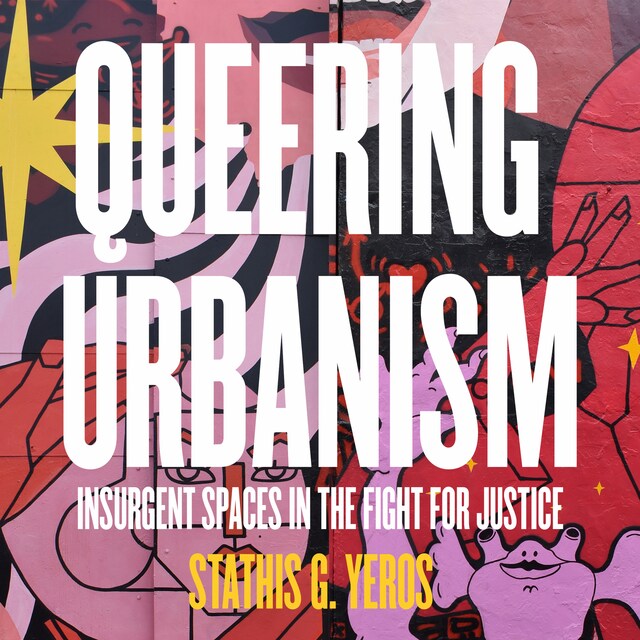
Queering Urbanism
Insurgent Spaces in the Fight for Justice
Description of book


